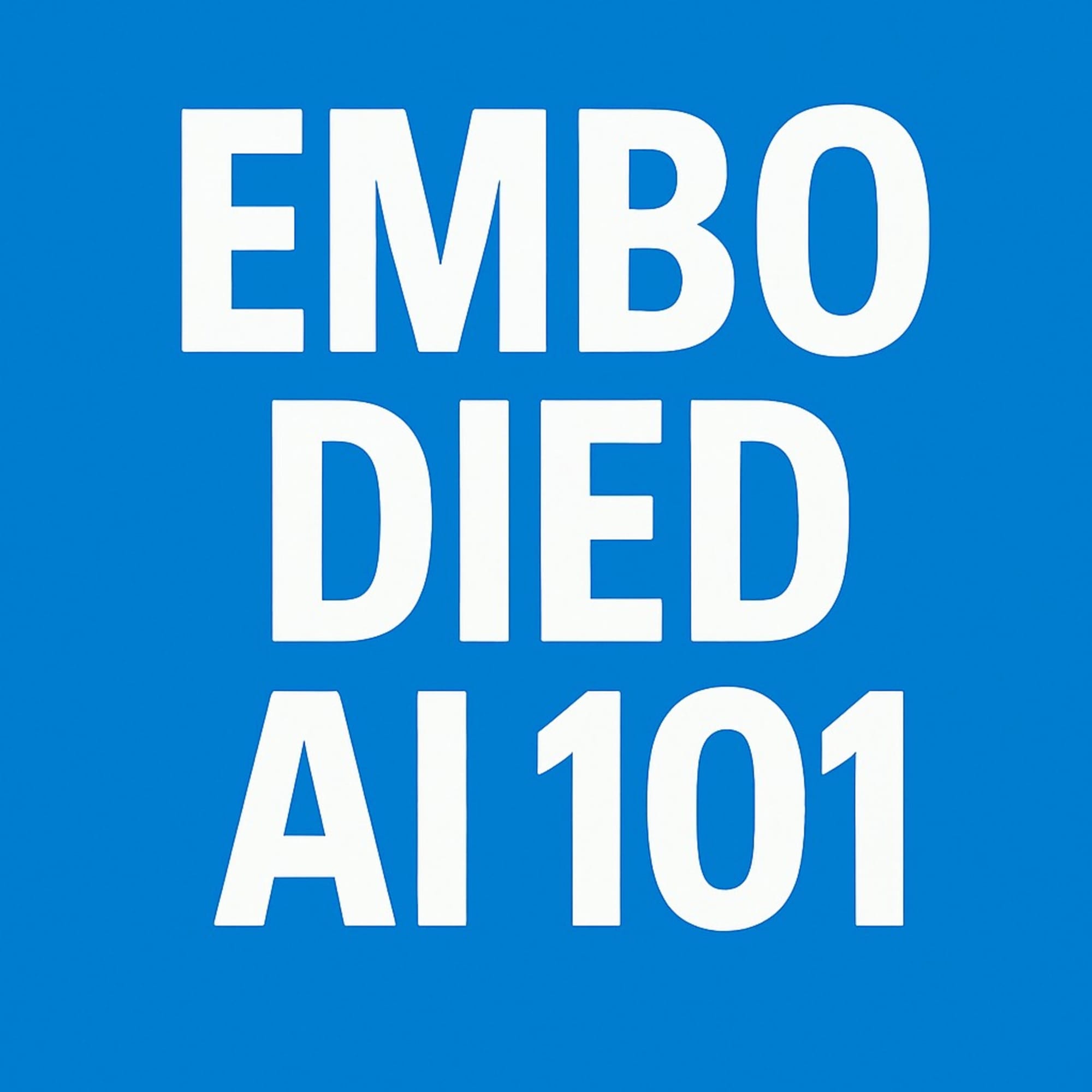GNU to Apache — Free Software is Dead

The Free Software movement once carried a set of values that are no longer influential. It has been superseded by free food and has devolved into ideological freedom. This article is highly opinionated.
Freedom
My journey with Free Software began in 2012 during an internship at Broadcom, where I hacked the Linux kernel. However, my introduction to its courage and ideals occurred in 2013 when I admired Aaron Swartz. I finally understood how the movement impacts the world at LibrePlanet 2017.
The GNU project was launched in the 1970s to replace the proprietary Unix operating system. It is better known today as GNU/Linux. GNU marked the beginning of copyleft, the General Public License (GPL), and what Richard Stallman called Free Software. In this context, free means freedom, not free food, which distinguishes it from the broader term Open Source Software. Over years of evolution, free has come to represent key ideological values beyond just having access to source code. Let me explain with counterexamples.
Execution Transparency: Owners of software-powered technology have the right to understand, control, and reproduce how the software is executed. A clear violation of this principle is the iPhone. As an iPhone owner, not only do you lack access to the source code for the operating system, but you also lack root access to the device.
Data Privacy: Individuals have the right to control their digital footprint, similar to the principles of GDPR. A clear violation of this is Facebook, which makes it impossible to use its services without allowing the company to track your behavior and analyze your data.
Decision Democracy: Software users have the right to participate in decision-making processes related to the software they use. A clear violation of this is Android. While anyone can use it for free, Google ultimately owns it and makes all the key decisions.
The GPL embodies these values through the copyleft approach, ensuring that software remains free forever. As a member of the Free Software Foundation, I advocate for these values. However, I often wonder: Are the licenses and guidelines born from these values designed for the modern software industry? Are they compatible with the current state of software development? Or are they simply aspirational goals for technology and society?
Free Food
In 2018, I was introduced to the Apache Foundation and later to the Cloud Native Computing Foundation (CNCF). These organizations are incredibly successful and represent a substantial portion of the open-source building blocks of enterprise software today, including Kubernetes, Envoy, Hadoop, Maven, Kafka, Parquet, and many more. Examining their directives and licenses (Apache, BSD, MIT), it is clear that they promote a different set of values.
Safety: The Apache License prioritizes protecting participants, ensuring they feel safe. It is designed to allow businesses to share code with minimal legal or financial risk. It does not emphasize ideological values or whether the software is free.
Collaboration: These foundations and their guidelines align with corporate business values, providing inherent incentives for companies to participate and share their work. Participating corporations often lack ideological stances beyond profit, yet they still foster healthy collaborative relationships.
Standardization: Many industries greatly benefit from standardized interfaces, which help maintain consistency for consumers when switching between competing providers. Open-source foundations act as a nucleus for standardization efforts, helping the industry reach agreements.
This approach to open-source software constitutes the free food model. It creates a platform where participants gain business value. This model arose from market needs, aiming to solve business problems rather than pursue ideals. It has become a cornerstone of the software industry, advancing businesses while potentially paving the way for ideological freedom (though I remain skeptical).
Conclusion
Efforts by the FSF and GPL to merge code sharing with ideological values often conflict with the business priorities of corporations, limiting their influence in the industry. The FSF remains a powerful force, continuing to fight for our digital freedom. However, GNU projects have been overshadowed by organic market forces, reducing them to glimpses of what a free world could look like. The Free Software movement has lost its software focus and transformed into a digital freedom movement. Free Software is dead.



